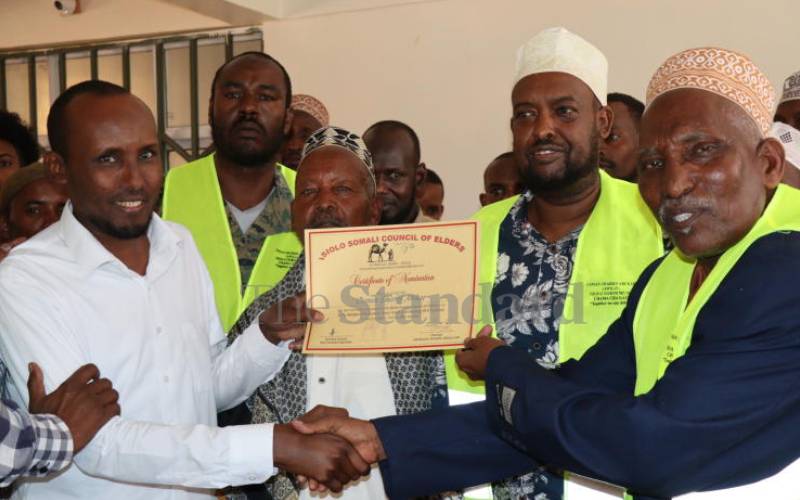×
The Standard e-Paper
Join Thousands Daily

Democracy is a very interesting concept. Simply it is a government of the people by the people for the people, with the free expression of the will of the people at its core.
The equality of vote and the importance of secrecy of vote are important components of democracy. The freedoms and liberties associated with democracy, mostly political rights, include; access to public information, free speech and expression, freedom of movement and association and security of persons and the protection by the Government.